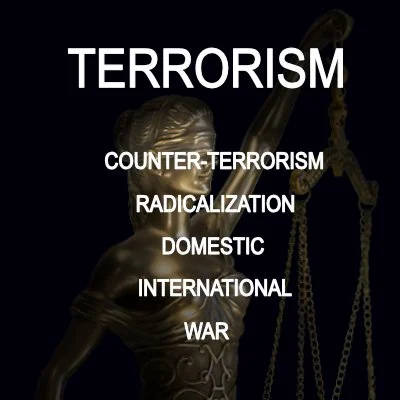By Kristian Alexander
The September 11, 2001, attacks highlighted significant US vulnerabilities and led to major counterterrorism reforms. Post-9/11, the US government implemented institutional changes, enhanced international cooperation, and expanded its use of technology and drone warfare. However, public fatigue from prolonged wars and shifting US focus towards geopolitical rivalries and domestic issues has reduced the centrality of counterterrorism in US policy over the last two decades. COMMENTARY The terrorist attacks of September 11, 2001, remain one of the most devastating strategic surprises in modern history. Despite being the world’s preeminent superpower with an extensive intelligence apparatus, the United States failed to anticipate and prevent the hijacking and subsequent crashing of four commercial airliners, killing almost 3,000 people.
Singapore: The S. Rajaratnam School of International Studies (RSIS) , 2024. 4p.



